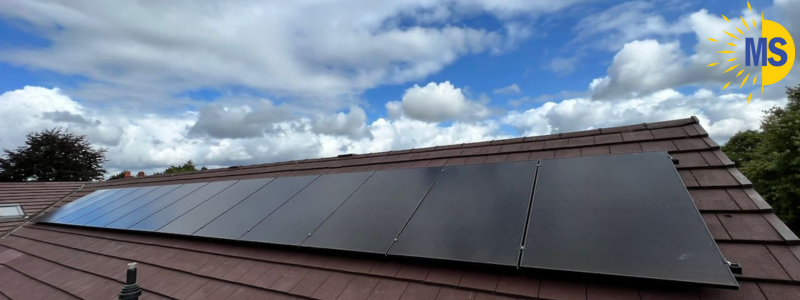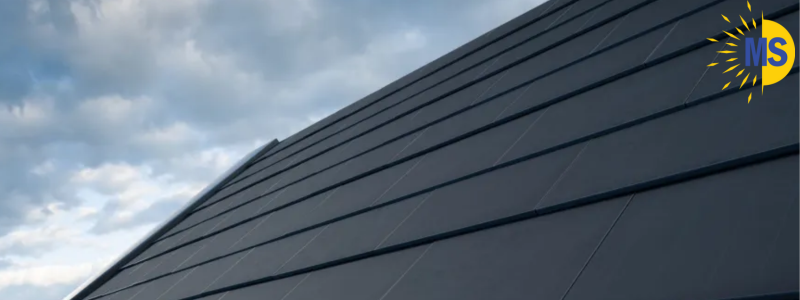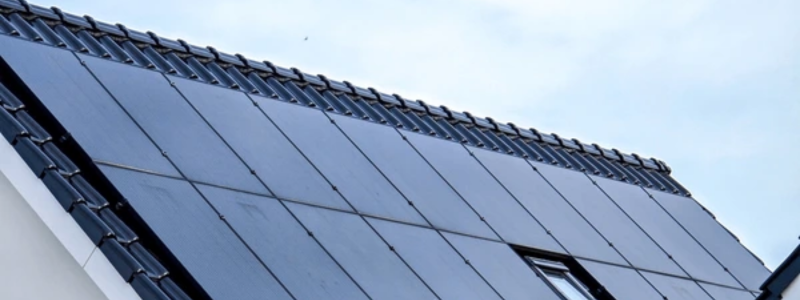Florida Solar Energy: The Ultimate Homeowner’s Resource
Florida isn’t called the Sunshine State for nothing. With an average of 237 sunny days a year, it’s one of the best states in the U.S. to harness the power of the sun. If you’re a Florida homeowner considering a switch to solar, you’re in the right place.
This guide is Florida Solar Energy: the ultimate homeowner’s resource, packed with everything you need to know, solar incentives, installation tips, financing options, and net metering policies, to make a smart, sustainable choice for your home.
Why Solar in Florida?
Let’s start with the obvious, sunshine. Florida receives more sunlight than most states, making it an ideal location to install residential solar panel systems.
Key Reasons to Go Solar in Florida:
- Lower electricity bills
- Access to state and federal solar incentives
- Cleaner, renewable energy
- Increased home value
- Energy independence during power outages
Plus, the solar energy industry in Florida is booming, creating jobs and advancing clean energy goals statewide.
Understanding How Solar Panels Work

Solar panels work by converting sunlight into usable electricity. Here’s a quick breakdown:
- Photovoltaic (PV) panels capture sunlight.
- An inverter converts solar energy into usable power for your home.
- Excess energy is either stored in a battery or sent back to the local electric grid.
- You earn net metering credits if your utility supports it.
That means your solar energy system is not just powering your home—it’s also helping you save money on electricity bills.
Solar Incentives in Florida

One of the biggest advantages of going solar in Florida is the wide range of financial incentives available to homeowners.
1. Federal Investment Tax Credit (ITC)
Currently, the federal government offers a 30% tax credit on the total cost of your solar panel system, including equipment and installation.
Example:
If your solar installation costs $20,000, the tax credit can save you $6,000 on your federal taxes.
2. Sales Tax Exemption
Florida law exempts solar energy equipment from the state’s 6% sales tax, making solar even more affordable.
3. Property Tax Exemption
Installing solar panels increases your home’s value, but Florida exempts that increase from being taxed. That’s a 100% property tax exemption on solar upgrades.
Don’t miss out on your savings! Check which Florida solar incentives you qualify for
What Is Net Metering?
Net metering is one of the best reasons to go solar in Florida. This policy allows homeowners to sell excess electricity that their solar panels generate back to the grid.
How It Works:
- Your system produces more power than you use during the day.
- The extra energy goes to the grid, powering nearby homes.
- Your utility company gives you a credit on your electric bill.
- At night or during low production times, you use those credits.
Florida’s net metering policy ensures credits are paid at the full retail rate, which maximizes your return on investment.
How Much Does Solar Cost in Florida?
The cost of installing solar panels in Florida varies based on system size, location, and the installer you choose.
Average Costs in 2025:
- 5 kW system: ~$12,500 before incentives
- 10 kW system: ~$25,000 before incentives
- After 30% tax credit: You can save thousands
The average Florida homeowner can expect to break even on their solar investment in 6–9 years, depending on usage and utility rates.
Choosing the Right Solar Installer in Florida

Your experience with solar will largely depend on who installs your system. Here’s what to look for in a reliable solar installer in Florida:
- Licensed and insured
- NABCEP-certified technicians
- Strong online reviews
- Transparent pricing
- Excellent warranty terms
Get at least 3 quotes from local solar companies to compare pricing, financing, and warranties.
Solar Financing Options for Florida Homeowners
You don’t need to pay for solar upfront. There are several flexible financing options available in Florida:
1. Solar Loans
- Own your system and claim tax incentives
- Low-interest options available
- Monthly payments are often lower than electric bills
2. Leases & PPAs
- No upfront cost
- Pay a fixed monthly rate or per kWh used
- Typically, no access to tax credits
3. PACE Financing
Florida homeowners may qualify for Property Assessed Clean Energy (PACE) financing, which allows you to repay your solar system costs through your property tax bill over time.
Solar Plus Storage: Should You Add a Battery?
Adding a solar battery to your system lets you store energy for use:
- During grid outages (like hurricanes or storms)
- At night
- When utility rates are high (time-of-use pricing)
Popular solar batteries include:
- Tesla Powerwall
- Enphase IQ Battery
- LG Chem RESU
Batteries are eligible for the 30% tax credit if installed with solar.
Solar and Your Home Value
Multiple studies show that homes with solar panels:
- Sell faster
- Sell for more
- They are seen as more modern and energy-efficient
A recent Zillow study showed that solar homes in Florida sold for up to 4.1% more than comparable homes without solar.
Plus, thanks to Florida’s property tax exemption, you keep that added value without paying more in taxes.
Solar Myths Busted
Myth 1: Solar is too expensive.
Truth: Prices have dropped more than 70% over the last decade. With incentives, solar is more affordable than ever.
Myth 2: Solar won’t work on cloudy days.
Truth: Solar panels still generate energy on cloudy days—just at reduced efficiency.
Myth 3: Solar panels will damage your roof.
Truth: Installed correctly, solar panels protect your roof and can actually extend its lifespan.
Florida Solar FAQs
Can I go solar if I live in an HOA?
Yes! Florida’s Solar Access Law protects homeowners from being denied solar installation due to HOA rules.
How many panels do I need?
The average Florida home needs 16–20 panels, depending on energy usage and panel efficiency.
Do I need a permit?
Yes, but your installer will handle all permitting and inspections for you.
Summary
Switching to solar is one of the best investments Florida homeowners can make. Between the sunny climate, generous state and federal incentives, and robust net metering policies, it’s never been easier or more rewarding to go solar in the Sunshine State.
Whether you’re motivated by savings, sustainability, or energy independence, solar energy puts the power in your hands.
Get Your FREE Solar Savings Report Now! Our solar specialists are standing by to show you potential monthly savings, available incentives, and financing options that fit your budget.
Call Now: 844-464-0003
Email: info@mianrosolar.com
Take control of your energy costs today! Join the solar revolution and start enjoying lower electric bills, energy independence, and peace of mind knowing you’re powered by clean, renewable energy.

